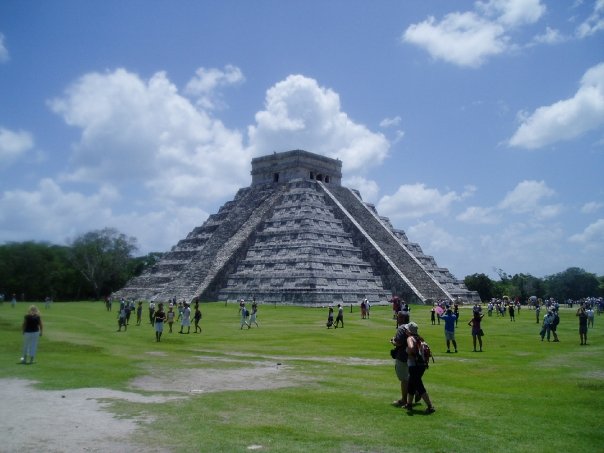From the Aristotle to Hobbes and Aquinas, philosophers have repeatedly changed the course of society. The original mathematicians were philosophers. Legend has it that when Hippasus proved irrational numbers, he was thrown overboard for blasphemy against the gods and drowned. Natural philosophers eventually became scientists. Differences in political philosophies have sparked wars well before the struggle of capitalism against communism.
Philosophical differences are an underrepresented source of conflict in fantasy settings, but have been used in several great series. The Legend of Korra used this idea not once, but twice. The first was the Equalists, who believed that people who couldn’t use magic (elemental bending) were being treated as second class citizens in their society. This sparked protests, violence, and eventually civil war. The second time was a group called the Red Lotus who were anarchists. The antagonists killed heads of state in their quest to liberate the populations of their respective countries. These were both very interesting plotlines and very different from the standard fantasy quest.
As with most things, look to real life when it comes to incorporating different philosophical movements into your setting, then tweak them to meet your needs. Perhaps you find the Pythogoreans interesting, but instead of their devotion to numbers, they seek to quantify nature into types of magic. The Stoics could be morphed into a sect of the god of technology. Hedonist illusionists, nihilist assassins, or anarchists devoted to the destruction of the schools of magic for dominating how people learn spells are all more interesting than another Dark Lord.
Philosophy is similar to religion in that people believe that what they are doing is the right thing to do. They don’t view themselves as evil, even if you do. To keep your setting realistic, make sure that the philosophy is something that at least some of your audience can get behind. You could take a good idea and use a slippery slope to make it extreme (environmentalists vs. eco-terrorists, etc.). Try mixing a fantasy trope with a philosophy that complements it in a fun way (absurdist bards) or a seemingly contradictory way (hedonist monks).
Give each philosophy a place in your Hierarchy of Social Estates. Perhaps capitalism is frowned upon in the monarchy, but the idea of manifest destiny is embraced. Look at schisms and conflicts between similar ideas (utopians vs. idealists, etc.). Interesting settings are based on conflicts and alliances. These may or may not be political in nature, but this type of conflict is typically more cerebral than physical. It will force your protagonists to approach the conflict with something other than swing their swords and ask questions later.
It’s good to be back and writing. See you next week!

